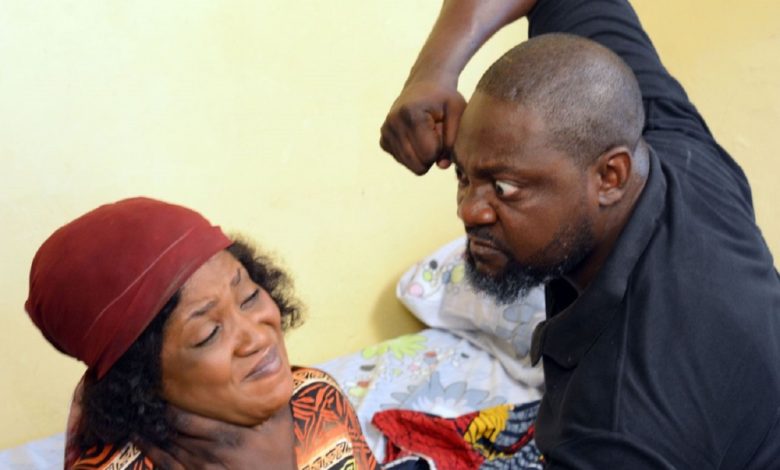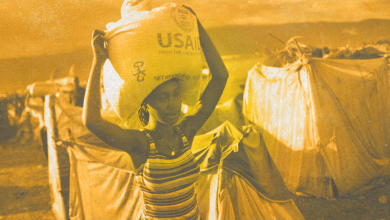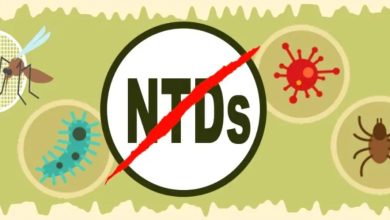The impact of domestic violence on development process in Tanzania

Interpersonal violence that occurs in intimate, family, and domestic settings is referred to as domestic violence. It is sometimes referred to as marital abuse or family violence. Anyone (man or woman) has the potential to engage in or be the victim of domestic violence.
Domestic violence is disruptive conduct in an intimate relationship in which one person seeks to dominate and control the other, whether they are dating, married or cohabiting. This behavior results in physical, psychological, or sexual harm to the individuals involved.
It includes physical acts of violence like slapping, hitting, kicking, or beating; psychological abuse like intimidation; persistent belittling or humiliation; forced sexual contact; or any other form of control that involves isolating a person from their family and friends, keeping an eye on their whereabouts, or limiting access to information or help.
Domestic abuse is usually a premeditated act and not an isolated occurrence. Violence tends to get worse and happen more frequently with time.
Research shows that women are mostly the victims of domestic violence. According to statistics on global prevalence, 35 per cent of women globally have experienced physical or sexual intimate partner abuse or non-partner sexual violence in their lives, and 38 per cent of women are murdered by intimate partners. Current or previous husbands, partners, or boyfriends are by far the most frequent sexual assaulters of girls.
The causes of domestic violence have been the subject of much research. These include personal risk factors such as low self-esteem, a lack of financial security, poor academic performance, aggressive or delinquent behaviour when young, heavy alcohol and drug use, antisocial or borderline personality traits, unemployment, a history of physical or psychological abuse, depression, anger and hostility, being around the wrong people, emotional dependence and insecurity, among others.
Relationship factors are still another factor. Economic stress, dysfunctional family interactions and relationships, marriage instability (divorces or separations), marital conflict, fights, dominance and control of the relationship by one partner over the other and so on are examples of how these manifests.
Not only that but also domestic violence is caused by a variety of social reasons, including norms that guide social interactions in a community, poverty and its accompanying issues, insufficient community sanctions against intimate partner abuse and poverty itself.
Moreover, the traditional gender standards (example that women should stay at home, not work, and be obedient, and that men should support their families and make decisions) are among the other societal variables. Last but not least are legal and political factors, which include laws governing divorce, child custody, maintenance, and inheritance, low levels of legal literacy among women, insensitive treatment of women and girls by police and the judiciary and underrepresentation of women in politics.
Despite of the fact that effects of domestic violence vary depending on the sort of abuse that was committed, but, rejection of humanity and fundamental human rights is perhaps the most important result of violence. Particularly, domestic violence’s effects cause victims to experience both physical and psychological harm, making it difficult to effectively engage in livelihood activities.
Thus, domestic violence is both a major public health and development issue. This is due to the fact that, in addition to the direct welfare issues for victims of domestic violence, there are also significant costs associated with violence against women that are related to policing, health care costs, decreased intrahousehold productivity, and distorted investment incentives. For some wealthy nations, including the UK, the cost of domestic abuse is reportedly around 6 billion pounds a year.
This sum comprises costs for public services used, such as criminal justice, social services, housing, and health care, as well as estimates for lost economic production due to time away from work due to injuries. Recently, domestic violence-related medical expenses in the UK made up about 1.5% of total public health spending.
Besides the expense incurred by the victim, the adverse externalities of domestic abuse extend to children in the victim’s households and the victim’s unborn offspring.
Article 29 of the United Republic of Tanzania Constitution, which was adopted by the country’s Constituent Assembly on April 26, 1977, upholds human rights. In order to ensure that domestic violence is decreased, the government also passed the Sexual Offenses Special Provisions Act (enacted on April 21, 1998).
Additionally, the National Plan of Action (a single comprehensive plan of action) to end Violence Against Women and Children in Tanzania 2017/8-2021/2 has been implemented by the government.
However, statistics show that 44% of ever-married women have experienced physical and/or sexual violence by their current or most recent husband or partner, and 37% of ever-married men have experienced such spousal violence recently. Nearly 2 in 5 women between the ages of 15 and 49 have experienced physical violence at some point in their lives.
One of the many effects of such behaviour in Tanzania is that it prevents women from properly participating in activities that support their livelihood. I spoke with a woman who had recently recovered from the injuries her husband had caused, and she admitted that the beating had prevented her from opening her food vending business for over a month.
‘As you can see, one of my eyes is swollen, so the sun irritates me’. She said. ‘I have lost a lot of money that could have helped me with so many things’.
This is the typical illustration of how domestic violence interferes with women’s earning an income for themselves, their families, and general country welfare.
In order to address gender inequality and prevent domestic violence from occurring in the first place, it is critical to fund programmes that address discrimination against women and improve domestic violence counselling services.
Additionally, there needs to be a greater public awareness of this unethical behaviour because everyone has a right to a pain-free existence. Social norms should also be stringent in order to punish those who violate them and engage in such inhumane behavior.
This is a call to action for those responsible for developing plans to consciously take gender issues related to domestic abuse into account. Domestic violence will be prevented from undermining constructive development efforts by doing this.
Rose Mbezi is a PhD candidate -University of Dar es Salaam-Tanzania; writing on Rural Women and Land.





